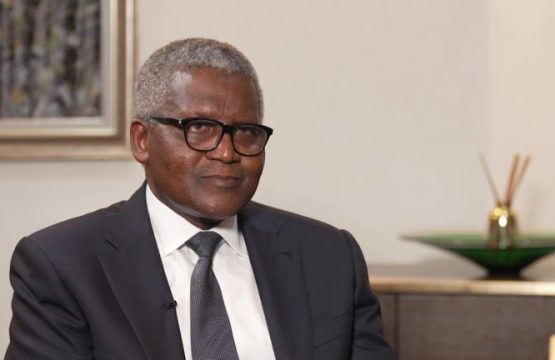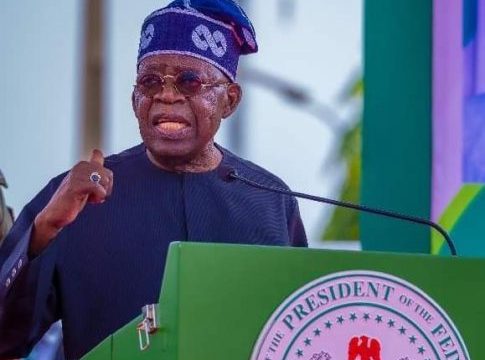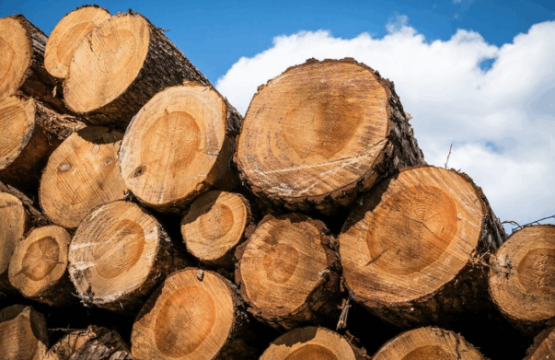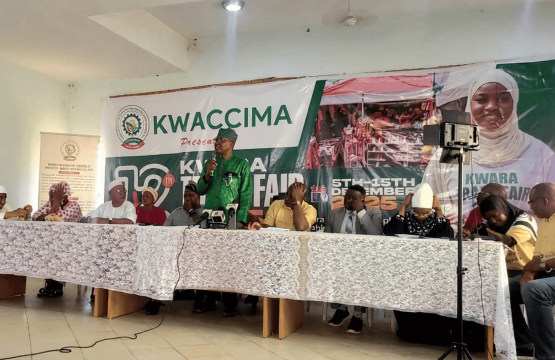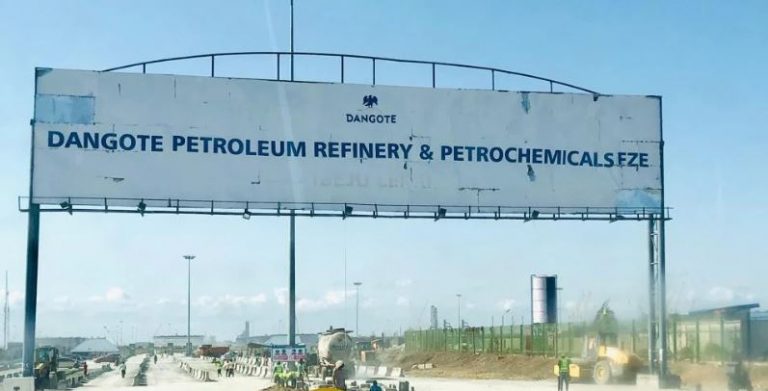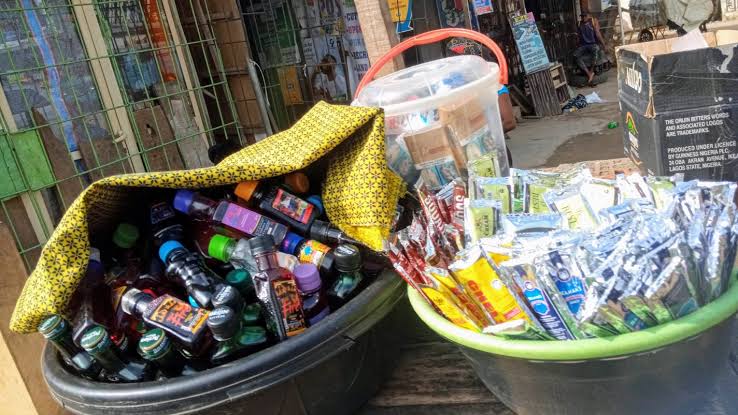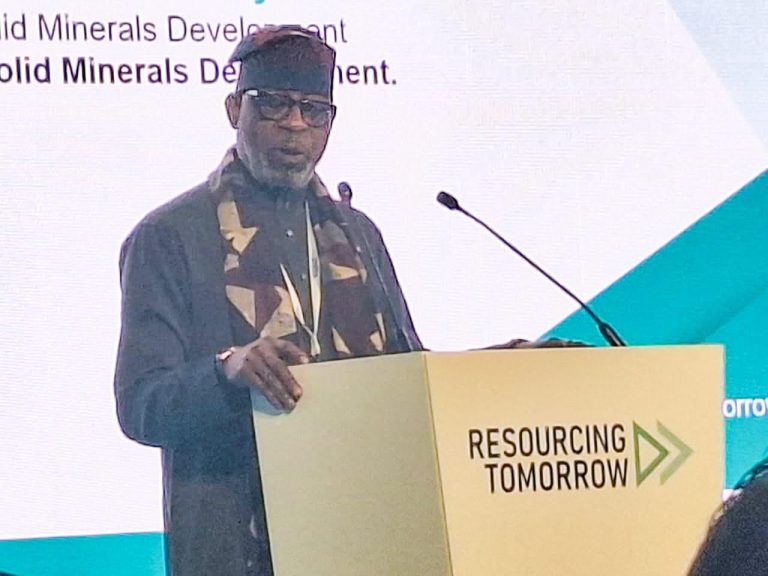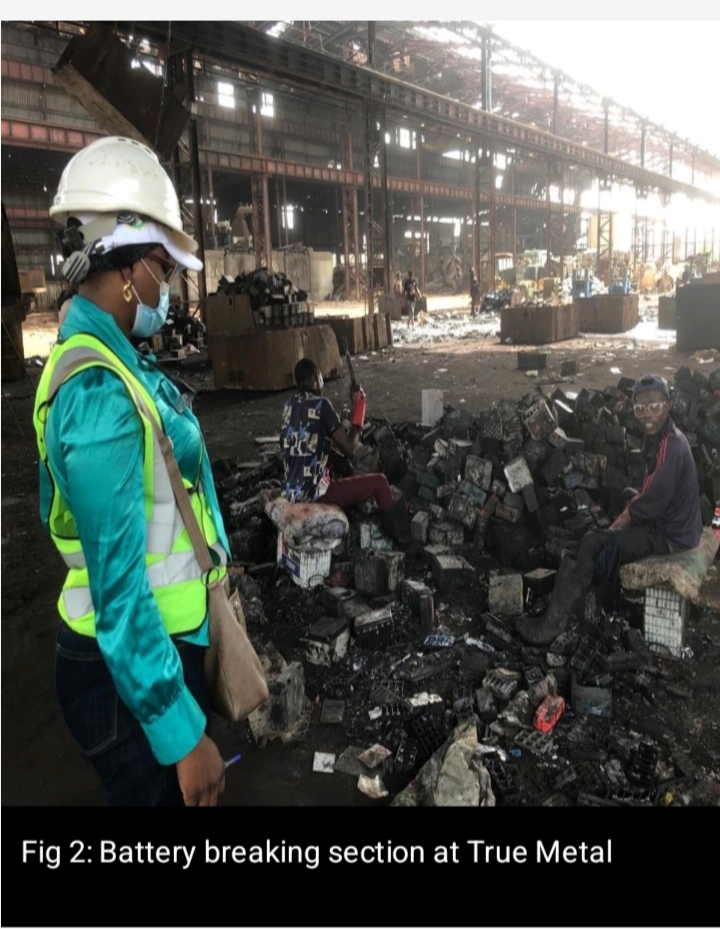The Dangote Industries Limited is calling on the Federal Government and the oil industry regulators to prohibit the importations of low-quality petrol and diesel into the country.
The Vice President, Oil and Gas, at Dangote Industries Limited (DIL), Devakumar Edwin, who spoke the minds of the management, said that this has become necessary to support the survival of the local oil refineries.
He said : ” It is sad that the Nigerian Midstream and Downstream Petroleum Regulatory Authority (NMDPRA) is giving import licences indiscriminately to marketers to import dirty refined products into the country, when we have more than adequate petroleum refining capacity locally.
” In spite of the fact that we are producing and bringing out diesel into the market, complying with ECOWAS regulations and standards, licences are being issued, in large quantities, to traders who are buying the extremely high sulphur diesel from Russia and dumping it in the Nigerian Market.
The Dangote Officer, added that since the US, EU and UK imposed a Price Cap Scheme from 5th February, 2023 on Russian Petroleum Products, a large number of vessels are waiting near Togo with Russian ultra-high sulphur diesel and, they are being purchased and dumped into the Nigerian Market.
“Some of the European countries were so alarmed about the carcinogenic effect of the extra high sulphur diesel being dumped into the Nigerian Market that countries like Belgium and the Netherlands imposed a ban on such fuel being exported from its country, into West Africa, recently.
Belgium and Netherland had in May adopted new quality standards to halt the export of cheap, low-quality fuels to West Africa, harmonising its standards with those of the European Union. These measures synchronise fuel export standards with the European domestic market, specifically targeting diesel and petrol with high sulphur
and chemical content.
Historically, these fuels, with sulphur content reaching up to 10,000 ppm, were exported at reduced rates to countries like Nigeria and other West African consumers.
While the Nigerian Upstream Petroleum Regulatory Commission (NUPRC) are trying their best to allocate the crude for us, the IOCs are deliberately and willfully frustrating our efforts to buy the local crude.
Belgium’s Minister of Environment, Zakia Khattabi, announced that his country followed the Netherland, which in April 2023 also prohibited the export of low-quality petrol and diesel to West Africa via the ports of Amsterdam and Rotterdam.
Khattabi emphasised that the Netherlands’ decision to restrict dirty fuel exports had redirected the trade to Belgium, now used by oil producers and traders to export gasoline with excessively high levels of benzene and sulphur.
“For far too long, toxic fuels have been departing from Belgium to destinations including Africa.
They cause extremely poor air quality in countries such as Ghana, Nigeria, and Cameroon and are even carcinogenic,” said Ms Khattabi.
Mr Edwin, also accused the IOCs of deliberately and wilfully frustrating the refinery’s efforts to buy local crude by jerking up high premium price above the market price, thereby forcing it to import crude from countries as far as United States, with its attendant high costs.
“The Federal Government issued 25 licences to build refinery and we are the only one that delivered on promise.
In effect, we deserve every support from the Government. It is good to note that from the start of production, more than 3.5 billion litres, which represents 90 per cent of our production, have been exported.
We are calling on the Federal Government and regulators to give us the necessary support in order to create jobs and prosperity for the nation.”
“While the Nigerian Upstream Petroleum Regulatory Commission (NUPRC) are trying their best to allocate the crude for us, the IOCs are deliberately and willfully frustrating our efforts to buy the local crude.
It would be recalled that the NUPRC, recently met with crude oil producers as well as refineries owners in Nigeria, in a bid to ensure full adherence to Domestic Crude Oil Supply Obligations (DCSO), as enunciated under section 109(2) of the Petroleum Industry Act (PIA).
*It seems that the IOCs’ objective is to ensure that our Petroleum Refinery fails. It is either they are deliberately asking for ridiculous/humongous premium or, they simply state that crude is not available. At some point, we paid $6 over and above the market price. This has forced us to reduce our output as well as import crude from countries as far as the US, increasing our cost of production…
“It appears that the objective of the IOCs is to ensure that Nigeria remains a country which exports Crude Oil and imports refined Petroleum Products. They (IOCs) are keen on exporting the raw materials to their home countries, creating employment and wealth for their countries, adding to their GDP, and dumping the expensive refined products into Nigeria – thus making us to be dependent on imported products.


